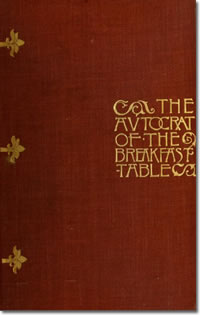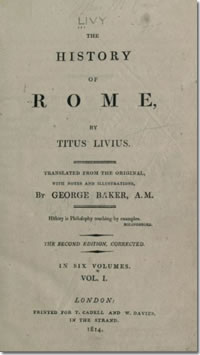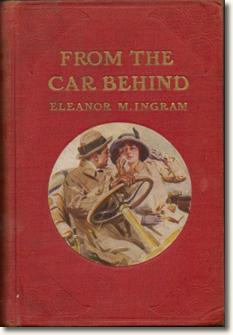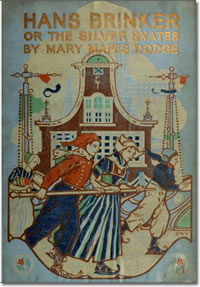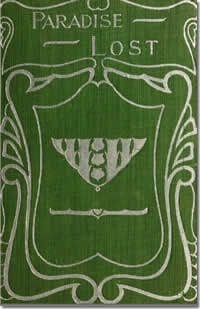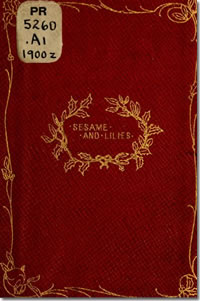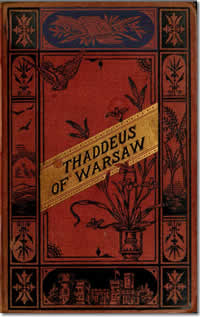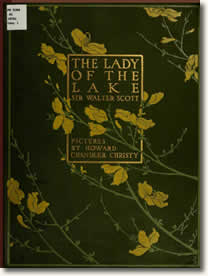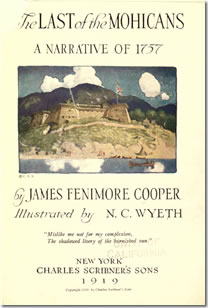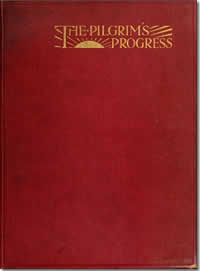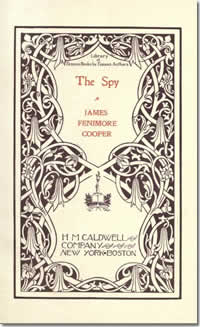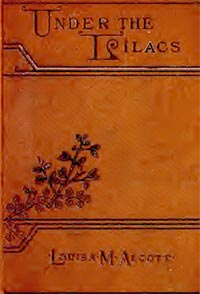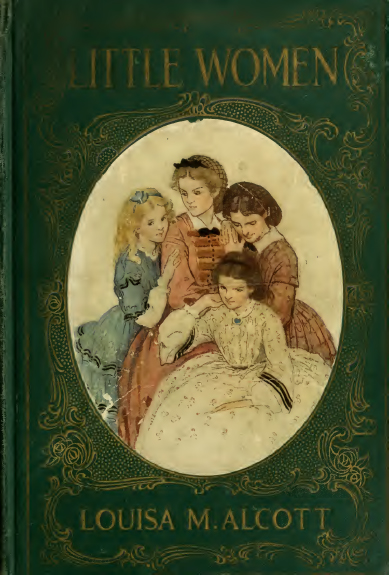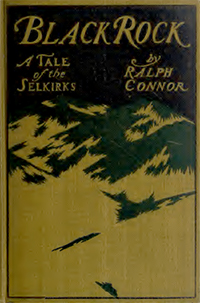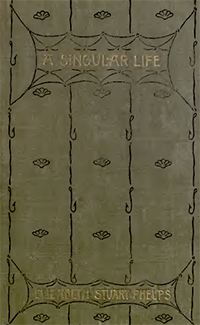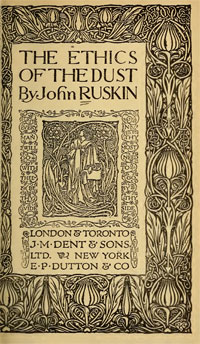Book: Written by Daniel Defoe, 1719

The story of Robinson Crusoe is based on the actual experiences of Alexander Selkirk, an English sailor who quarreled with his Captain and at his own request was put ashore on a desolate island off the coast of Chile, where he lived for four years until rescued. Selkirk died two years after the appearance of Defoe's novel.
Defore claims in a later book, Serious Reflections, that Robinson Crusoe is an allegory of his own life, the shipwreck corresponding to his bankruptcy, and similar analogies holding good. He loads his masterpiece with a "message," the message of the "simple life." The story was designed to bring home to the lower middle-class English the possibility of happiness and comfort, in their condition in life.
The morals of resourcefulness and of contentment, however, are not what have made the tale live. Robinson Crusoe may be the classic camping manual and the first of woodcraft books, but it survives today for its story.
—The Bookman's Manual: A Guide to Literature, 1921
